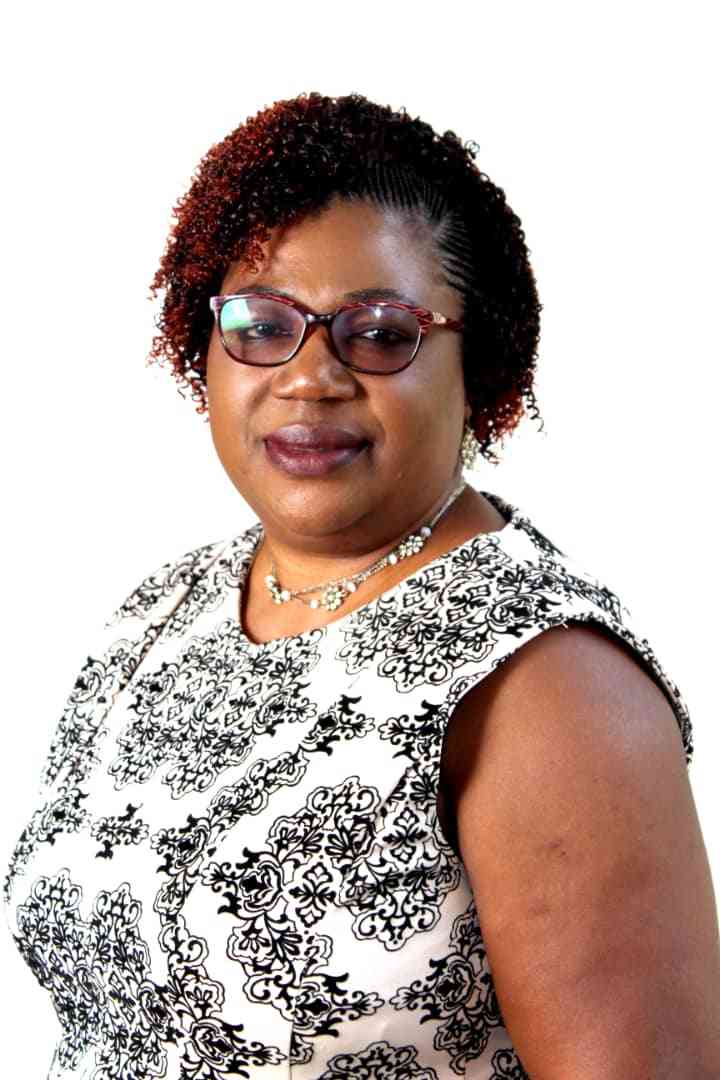
ZIMBABWE College of Music (ZCM) executive director Rachel Jera-Chigwanda says the country’s premier music training institution continues to contribute immensely to the growth of the country’s arts sector.
Established in 1948 by dedicated musician and teacher, Eileen Reynolds, ZCM is one of the country’s leading formal music training institutions that offers a wide range of music courses in collaboration with Africa University, including the National Certificate of Music and Bachelor of Music degrees.
Speaking to NewsDay Life & Style, on the sidelines of the churches and community choir Choral Music Festival, organised by ZCM last weekend, Jera-Chigwanda said the music training institution had produced musical acumen in the practical and theoretical aspects of music, offering formal music education both full-time and part-time.
“The ZCM is playing an important role in shaping local artistes through affording them musical education. We have produced graduates including multi-instrumentalist Clive “Mono” Mukundu, veteran gospel singer Charles Charamba, songbird Pah Chihera and Mbira Queen Hope Masike among others,” she said.
“We have also taken a mandate of having choral competitions on songs composed by our own local composers. The institution has helped in the revitalising of traditional dances and music in Zimbabwe, through performances at most embassies.”
To enrol at the college, Jera-Chigwanda said one should have passion for music, five ordinary level subjects and any other music qualification.
“We offer a wide range of music courses, some full-time and others part time in collaboration with Africa University, including the National Certificate of Music and Bachelor of Music degrees. The teaching philosophy at the institution is multi-cultural, as the programmes embrace Western classical, Zimbabwean traditional and jazz curricula,” she noted.
“The college offers a wide array of programmes that include National Certificate in Music, Advanced Certificate in Music, one-on-one instrument lectures and theory lessons, adventures in music (for young children) and sound engineering.”
- In the Groove:Nyabinde benefit gig: A positive outcome?
- In the Groove:Nyabinde benefit gig: A positive outcome?
- Mbira star Hope in collabo with German pianist
- Mupfumi takes Macheso to Chivhu for a show
Keep Reading
While music gift may suffice, Jera-Chigwanda — a holder of Doctor in Musical Arts Education, Masters in Educational Leadership, Management and Development and a BSc in Ethnomusicology degree believes artistes need to possess other theoretical aspects.
“Enrolling at the college of music prepares one to read and write music in a musical manner, and enables one to get access to formal education on matters such as sound engineering and organology (the study of making instruments),” she said.
“Also, enrolling at a music institution enables one to learn music technology that helps them to understand music from different cultures through studying Ethnomusicology. This aids in equipping one with a variety of musical skills.”
Jera-Chigwanda said their partnership with Africa University for some of the Bachelor of Music degree programmes has been important as it gives the college a credible image, through assessments made internationally by Africa University.
“As some of our degree programmes are conferred by an international institution, the partnership has also aided in curriculum design and development. This guarantees competency.”
ZCM’s curriculum has made major strides to encompass the use of new multi-media technology through offering Music Technology as a course.
“At the college our desire is to remain a leading formal music education institution, groom up-and-coming music institutions, being an internationally recognised music institution and above all being the yardstick in every aspect of music that is from the theoretical perspective to the practical aspect,” she added.










